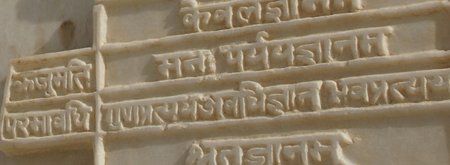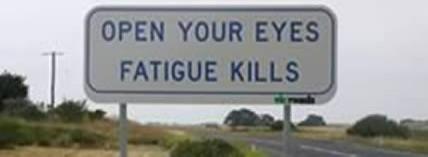Agnosticism Explored
Andrew Sach explores whether agnosticism is a sensible approach to take to issues of truth and, in particular, to the claims of Christianity.
Brief notes from his talk are given below. The talk lasts for 35 minutes and is followed by 10 minutes of Q&A.
Notes from the talk:
The term 'agnosticism' refers to some form of not knowing something. It can be used with different meanings:
1. I've not looked into something enough to know at the moment. I could find out – but I've not done the necessary research.
2. It's not even possible to know about anything. Reality is unknowable – so there is no point investigating it. But this is in itself a claim to know something certainly. Why is this different?
3. Using agnosticism more as a practice or idea. I don't want to know, so it is a useful label to use to avoid having to engage with the arguments.
Are we serious in searching for truth? At times: "The sceptic always wins. The sceptic never arrives at the truth but that's not the game that the sceptic's playing. The sceptic is trying to avoid engagement with the truth…"
The scepticism test: are you doing everything you can do to find out if this is true? Is "I don't know" (or "I can't know") a way of shelving the issue?
"It's easy to win an argument if you don't care about the answer."
The claims in 1 John 1:1-10, a letter written by one of the earliest followers of Jesus.
1. The truth is a historical person – there is no need to be agnostic.
Deep questions are linked with the historical events John has witnessed. Events where he has been able to see, hear and touch. John claims that the God who made the world has come into the world.
This passage is reminiscent of 'doubting' Thomas's request to touch the nail marks and spear hole in Jesus's body before he would believe that Jesus had risen from the dead. After that encounter Thomas was no longer agnostic – he knew because he had received first hand eye- and touch-witness of Jesus (John 20:24-29).
If truth is a philosophy, a lifestyle or an ethical way of life, how do we know it is the right one? It is up for discussion as to whether it is right or not.
If truth is present in a person, it is a much more objective category and can be checked.
The people who met Jesus after his resurrection were not agnostic – they knew that the person who they had met was the same person who had died. Thomas was sure because he met Jesus – before and after he had died.
Objection: "I want first hand evidence. I can't believe on the basis of what someone else saw."
But this country decides people's futures on the basis of what other people report every day in the law courts. Eyewitness testimony is how juries and judges decide their verdict, ie. what is true.
People do die for causes which are a lie. But very few die for what they know is a lie.
The eyewitnesses in the Gospels were prepared to die to maintain what they believed and they were in a position to know absolutely whether their belief was true or a lie. So we can be sure on that basis as well.
Agnosticism about whether a person exists is realistic before meeting them – but to remain agnostic after you have met them is perverse.
The first disciples were sure about what had happened and were also joyful as a result.
2. The truth offers salvation – it is dangerous to be agnostic.
"God is light, and in him is no darkness at all" (1 John 1:5).
God is light – metaphors for being true and good. But none of us are only true or only good. We are morally compromised. Compared to God, we fall short. People also found it difficult to be around Jesus because his goodness and truth exposed their shortcomings.
John's letter tells us that there is a solution – the death of Jesus can cleanse us from our sin.
For someone with serious cancer, to defer or refuse an advised course of chemotherapy is still to make a decision. There is no real neutral or agnostic position.
Similarly for our position before a holy and pure God – to defer deciding our position is in itself to make a decision.
What sort of agnostic are you? Would you read and consider the eyewitness evidence about Jesus in the New Testament Gospel accounts?
© 2014 Oxford Inter-Collegiate Christian Union (OICCU) and Andrew Sach



